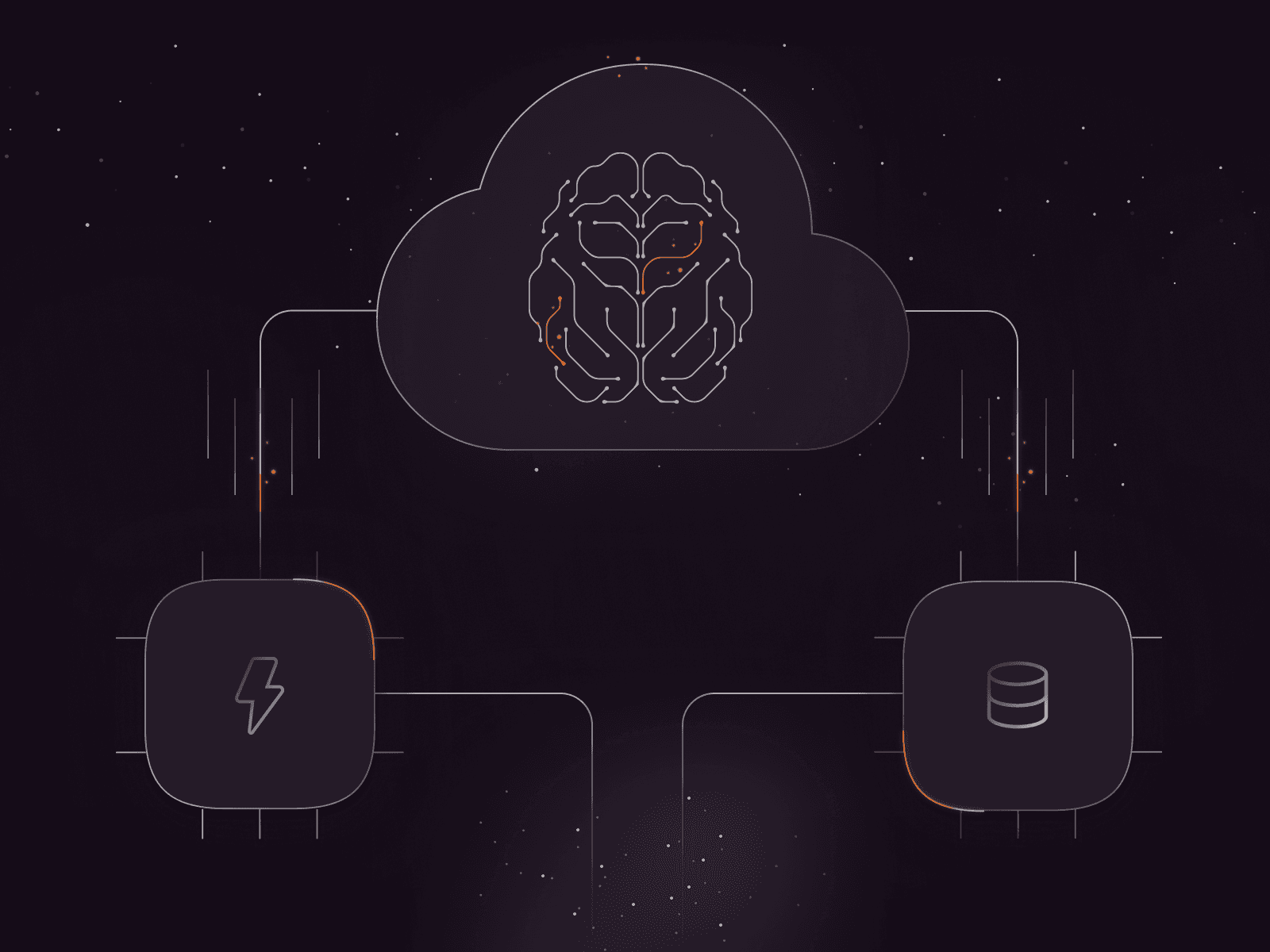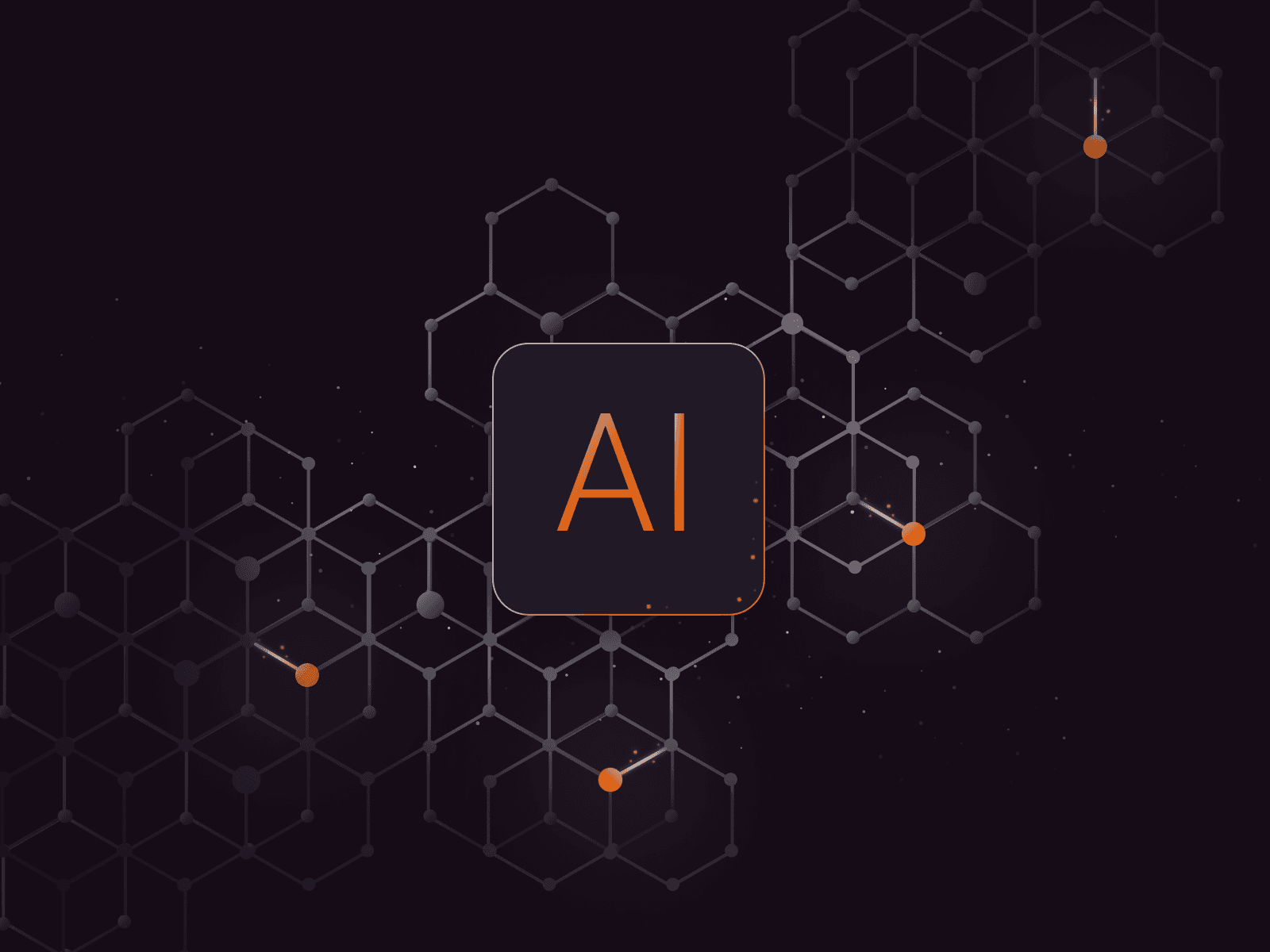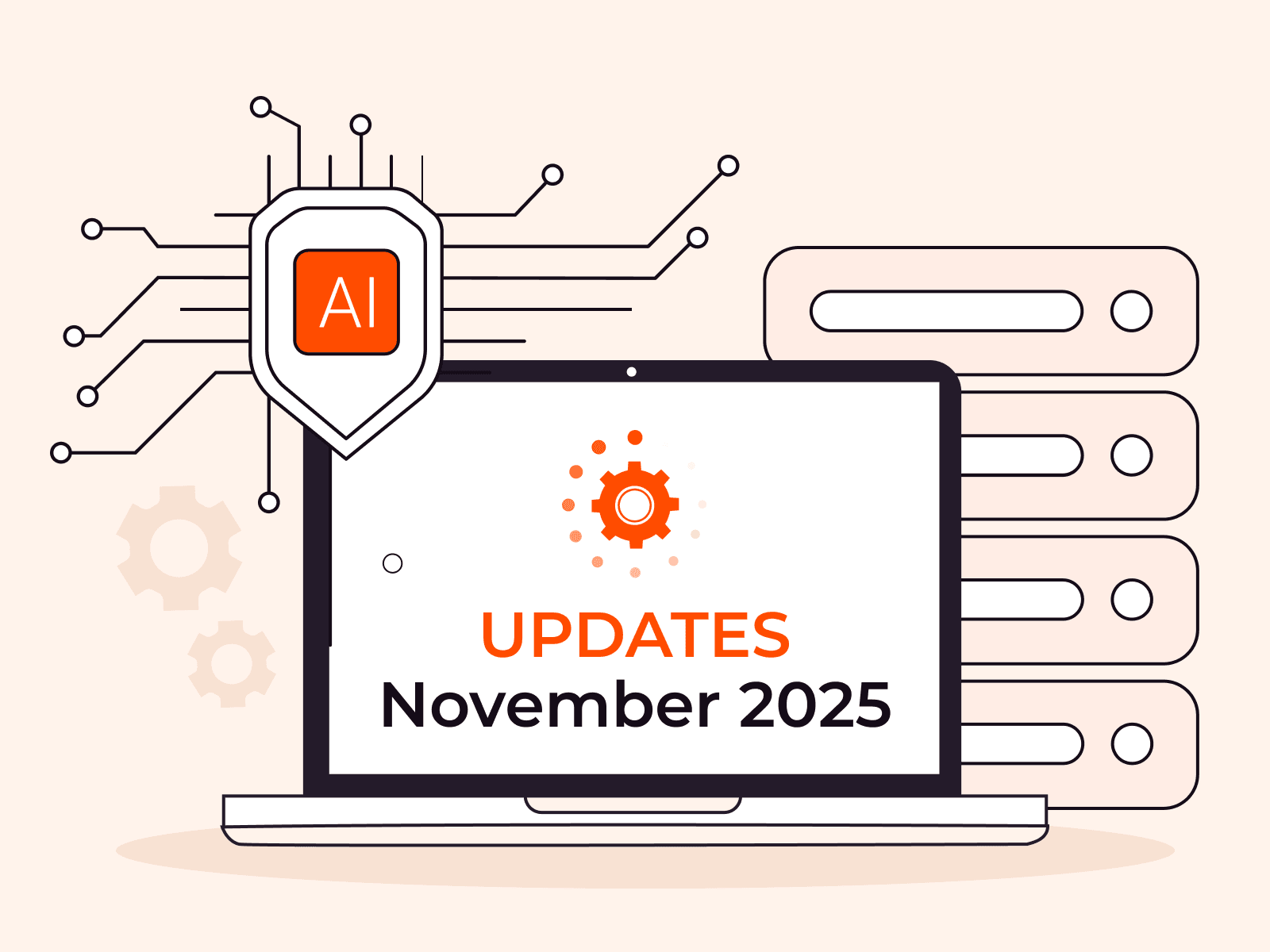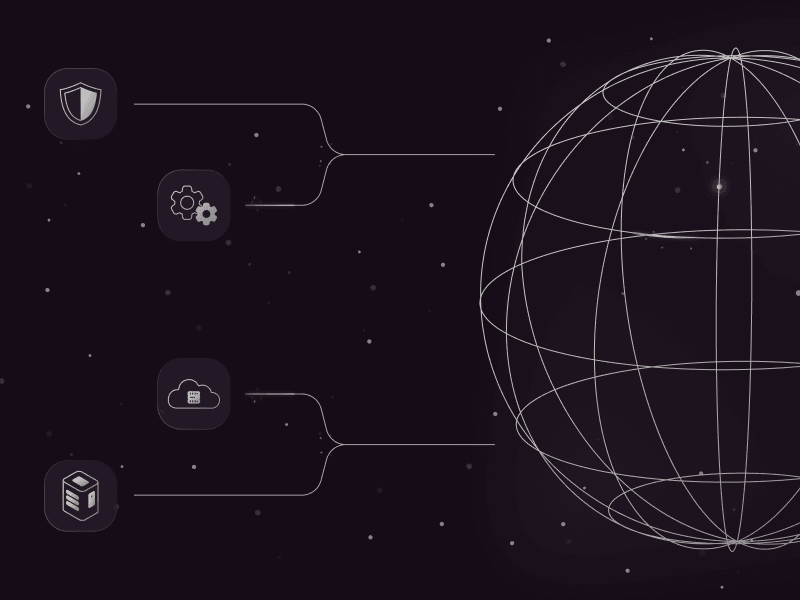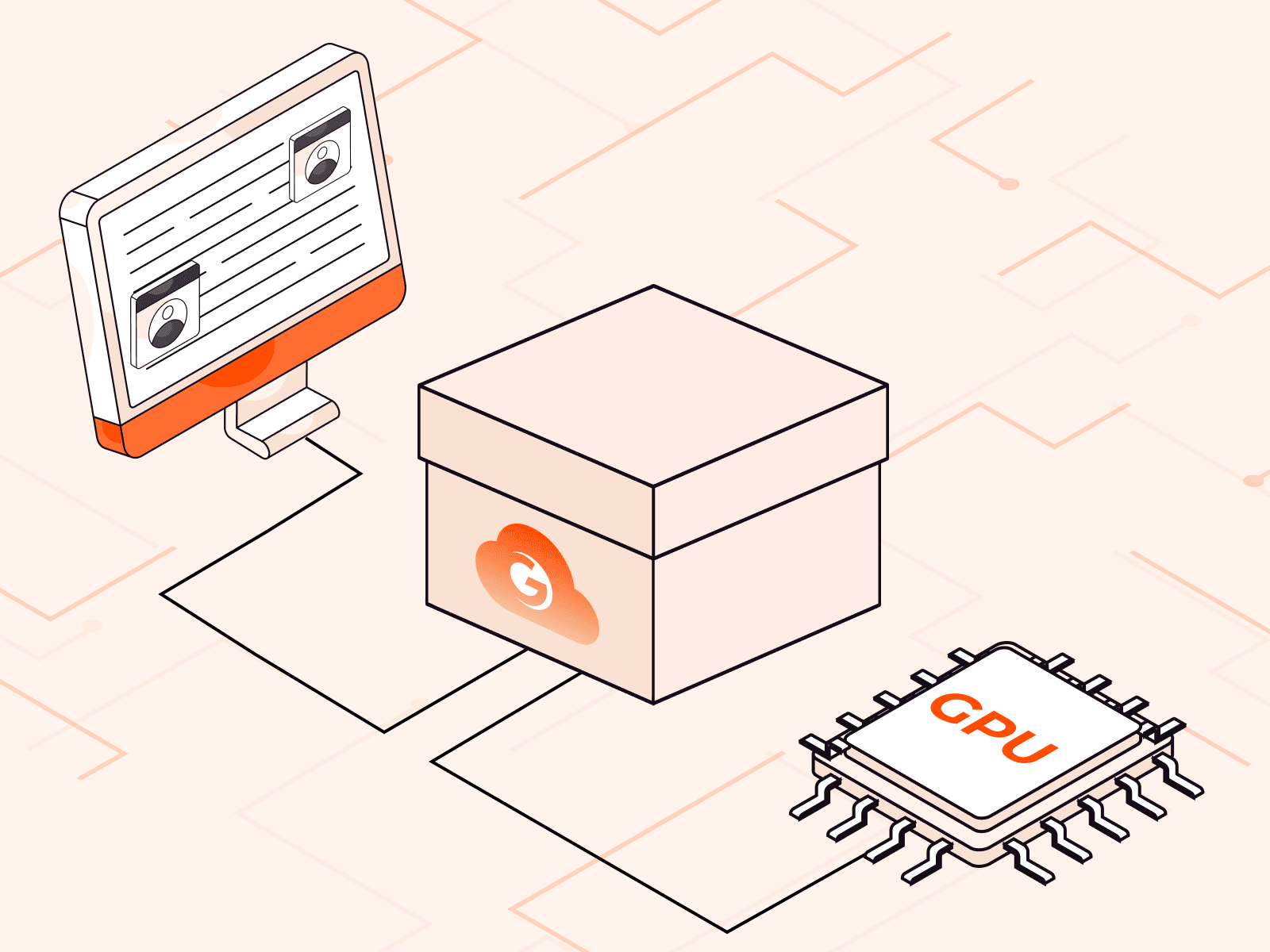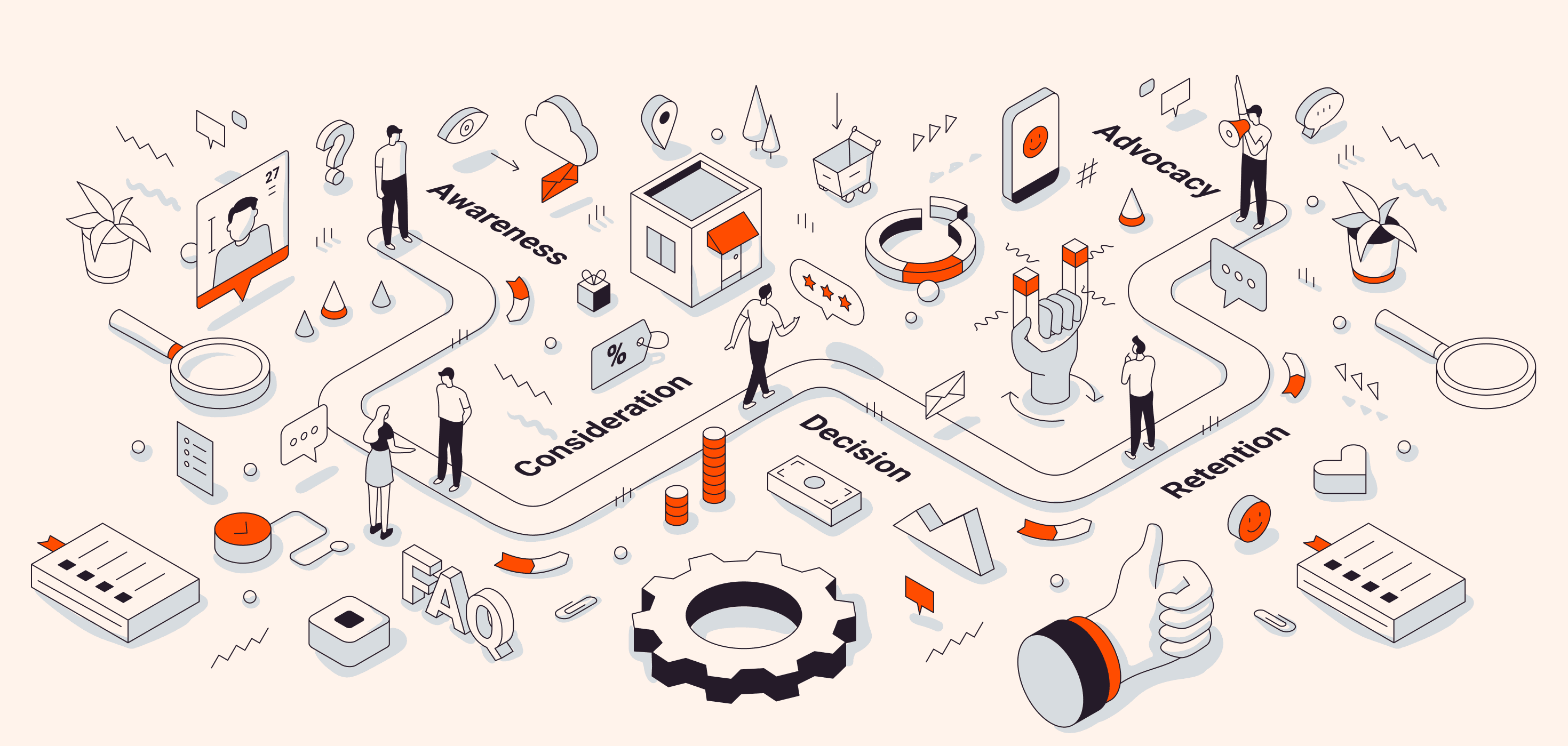Latin America’s AI regulatory landscape: global leaders and rapid developments
- November 27, 2024
- 4 min read

As AI becomes a driving force for innovation across the globe, Latin America is emerging as a key player in this tech revolution. Yet, with new opportunities come a host of challenges, including managing data privacy, ethics in AI utilization, and evolving regulations. While the region’s AI regulatory frameworks are still taking shape, countries like Brazil, Mexico, and Argentina are setting the stage for what’s to come. For businesses eager to tap into this growing market, staying ahead of these regulatory shifts is the key to thriving despite the frequent and complex changes occurring.
This article explores the AI regulatory landscape in Latin America, focusing on key countries Brazil, Mexico, and Argentina.
Brazil: a global leader
Brazil has taken a leading role in Latin America in relation to regulating data privacy and AI. Its General Data Protection Law borrows substantively from the European Union’s General Data Protection Regulation (GDPR), subjecting personal data collection, storage, and processing to stringent regulations. This is fundamental for companies using artificial intelligence, since LGPD influences how personal data is handled by AI systems, and ensures they maintain compliance with strict consent and data processing rules.
In addition to the LGPD, Brazil’s growing AI ecosystem is supported by initiatives like the National Artificial Intelligence Strategy (EBIA) launched in 2021 with the goal of encouraging the ethical development of AI technology, focusing on transparency, privacy, and governance.
Mexico: a focus on user privacy
Mexico is on the way to creating an AI regulatory framework, although it has yet to introduce dedicated AI-specific regulations. The country’s existing technological regulation laws such as the Federal Law on the Protection of Personal Data (LFPDPPP) set the foundation for privacy protection, requiring companies to safeguard personal data and give individuals more control over how their data is used. This is especially relevant for companies using AI, as they must ensure that their systems are transparent and compliant with these privacy standards.
With increased industrial use of AI in sectors such as finance, healthcare, and retail, we expect the implementation of necessary legislation to be deployed soon. Companies operating in such industries should make sure their AI systems are not only compliant with the current set of privacy laws but are also capable of dealing with AI-specific issues such as algorithmic bias—a sure topic for future regulations in Mexico. As AI adoption grows, addressing these issues will become increasingly critical, especially in sectors such as fintech and healthcare, where algorithmic bias can have severe consequences. Companies proactively aiming to comply with future AI regulations gain an advantage over competition, offering safeguards that other organizations have yet to implement.
Argentina: rapidly aligning with global standards
Argentina is taking steps in the direction of more stringent AI and data privacy regulation. Its Personal Data Protection Law shares many similarities with Europe’s GDPR, and future requirements will tackle consent and data processing permissions. What this means for AI-powered businesses is the more restricted personal data use, storage, and sharing, with a particular emphasis on big data sets used to train AI models.
Argentina has also introduced several draft laws aimed at regulating AI development. These laws focus on promoting ethical AI practices, protecting human rights, and requiring accountability in AI systems. While not yet fully implemented, these regulations signal Argentina’s intention to be a key player in global AI governance. For businesses, this means staying ahead of potential regulatory changes by implementing best practices in AI development and data management.
A snapshot of AI regulation across the rest of the region
Other countries in the region have also developed AI-related regulations. While their frameworks are still less mature than the regulations developed in Brazil, Mexico, or Argentina, each nation is taking steps toward enabling opportunities for businesses to work with AI responsibly.
- Chile: Chile launched its National Intelligence Policy in 2021 with the aim of achieving AI adoption through sustainable development, the protection of human rights, and the elimination of bias. The policy aims to position Chile as the regional leader in AI innovation while prioritizing transparency and ethics in core operations. This balanced approach fosters an innovation-friendly yet ethically responsible environment for businesses.
- Colombia: Anchored on collaboration between the public and private sectors, Colombia’s National Policy for Digital Transformation and AI underscores a commitment to innovation in AI without compromising on security and responsible usage. This model of cooperation seeks to guarantee that AI is developed and deployed in a manner consistent with ethical standards and societal needs.
- Peru: Peru’s National Strategy for AI is still in its infancy but is focused on training professionals in AI technologies and fostering innovation. Key priorities include developing the country’s digital infrastructure and encouraging AI adoption in a responsible, ethical manner. While early in its implementation, the strategy is a clear indicator of Peru’s commitment to catching up with more advanced AI frameworks in the region—and its desire to proactively foster AI innovation.
- Uruguay: Uruguay is currently updating its National AI Strategy to keep pace with rapid development, especially that of generative AI. The country’s new strategy will be focused on AI governance, especially within public administration, with an additional focus on developing the needed skills to support AI adoption. This proactive approach positions Uruguay as a country focused on both governance and growth.
Though these nations are still refining their AI regulatory environments, they present businesses with a valuable opportunity. By engaging early and aligning with these emerging frameworks, companies can maximize the chance that they are well-positioned for new compliance requirements and can build trust with regulators as the region’s AI landscape continues to evolve.
Gcore: your partner in global AI compliance
Keeping your business’ AI operations in step with compliance is no mean feat in Latin America, since regulations are rapidly evolving. Uneven digital infrastructure across countries and varying AI adoption rates can significantly impact businesses’ attempts at compliance, especially for organizations operating across borders. In some regions, slower AI adoption or limited technological infrastructure may hinder the development of AI-specific frameworks. Navigating these changes requires a proactive approach to both innovation and adherence to emerging standards.
Gcore supports simplified global AI compliance with localized data storage and edge AI inference solutions. This means your data is managed in strict accordance with the specific regulations of any region or industry, including highly regulated sectors like healthcare and finance. We believe compliance and innovation can go hand in hand, empowering your company to thrive in both areas. Get in touch to learn more.
Related articles
Subscribe to our newsletter
Get the latest industry trends, exclusive insights, and Gcore updates delivered straight to your inbox.

